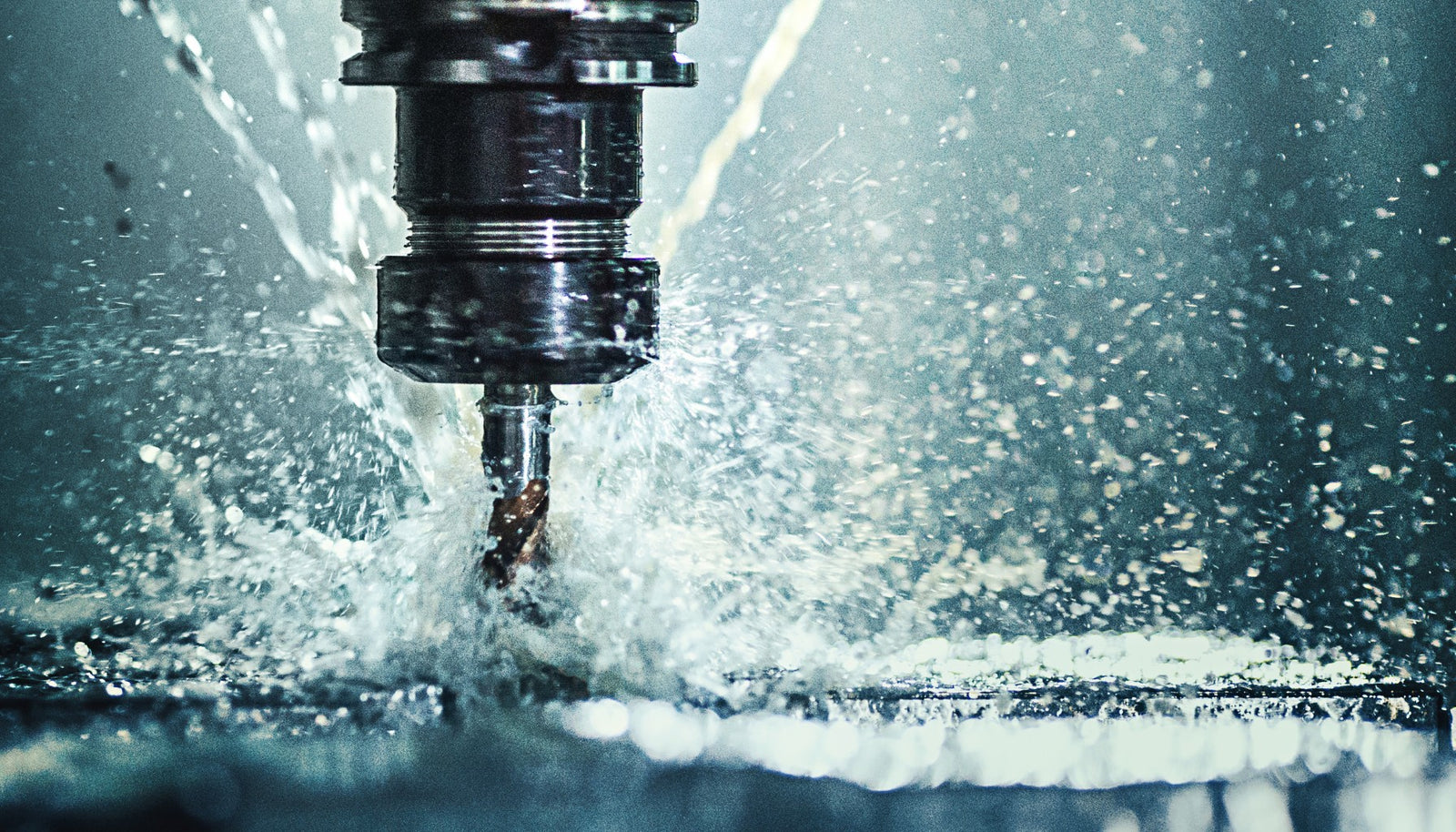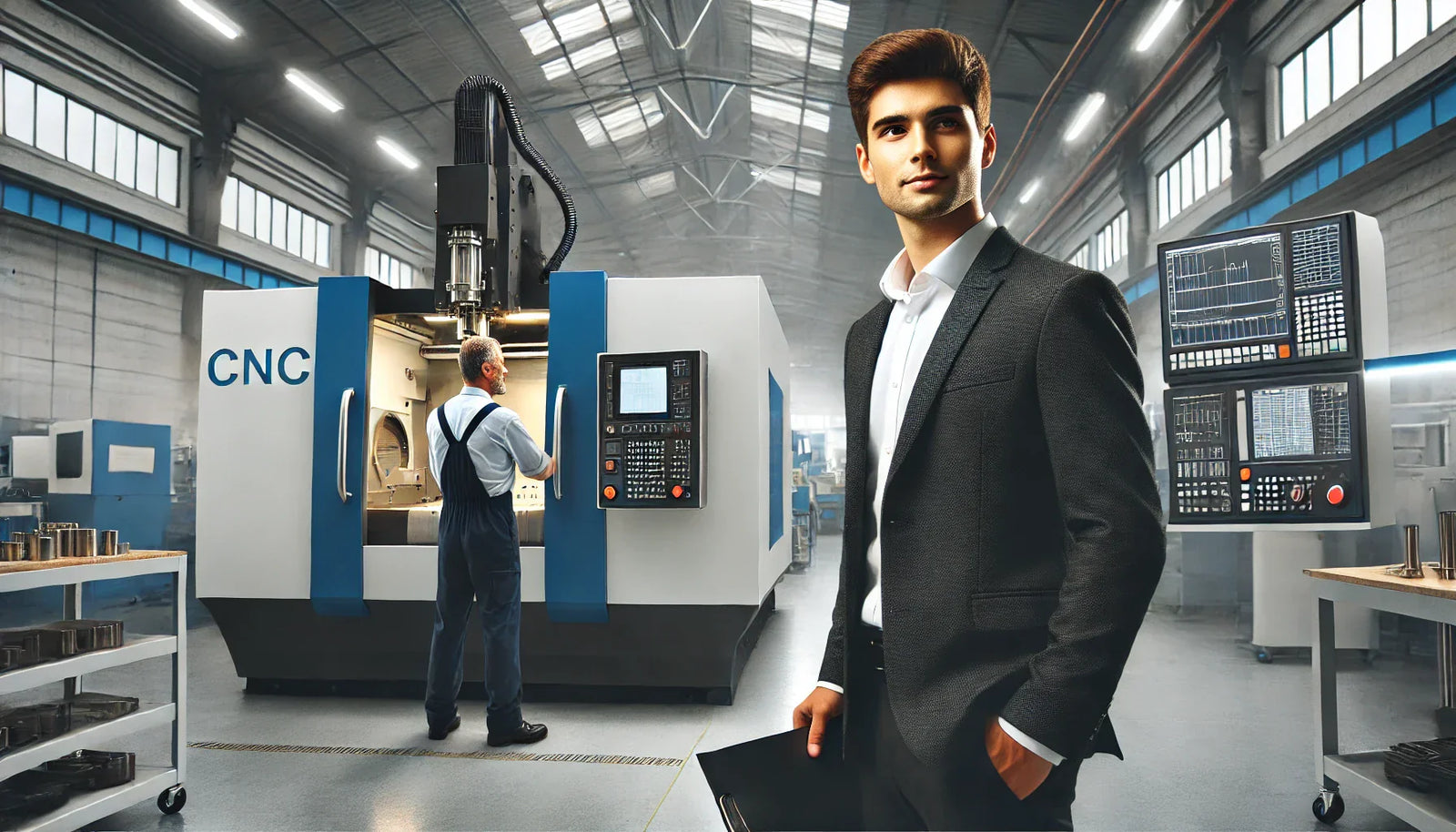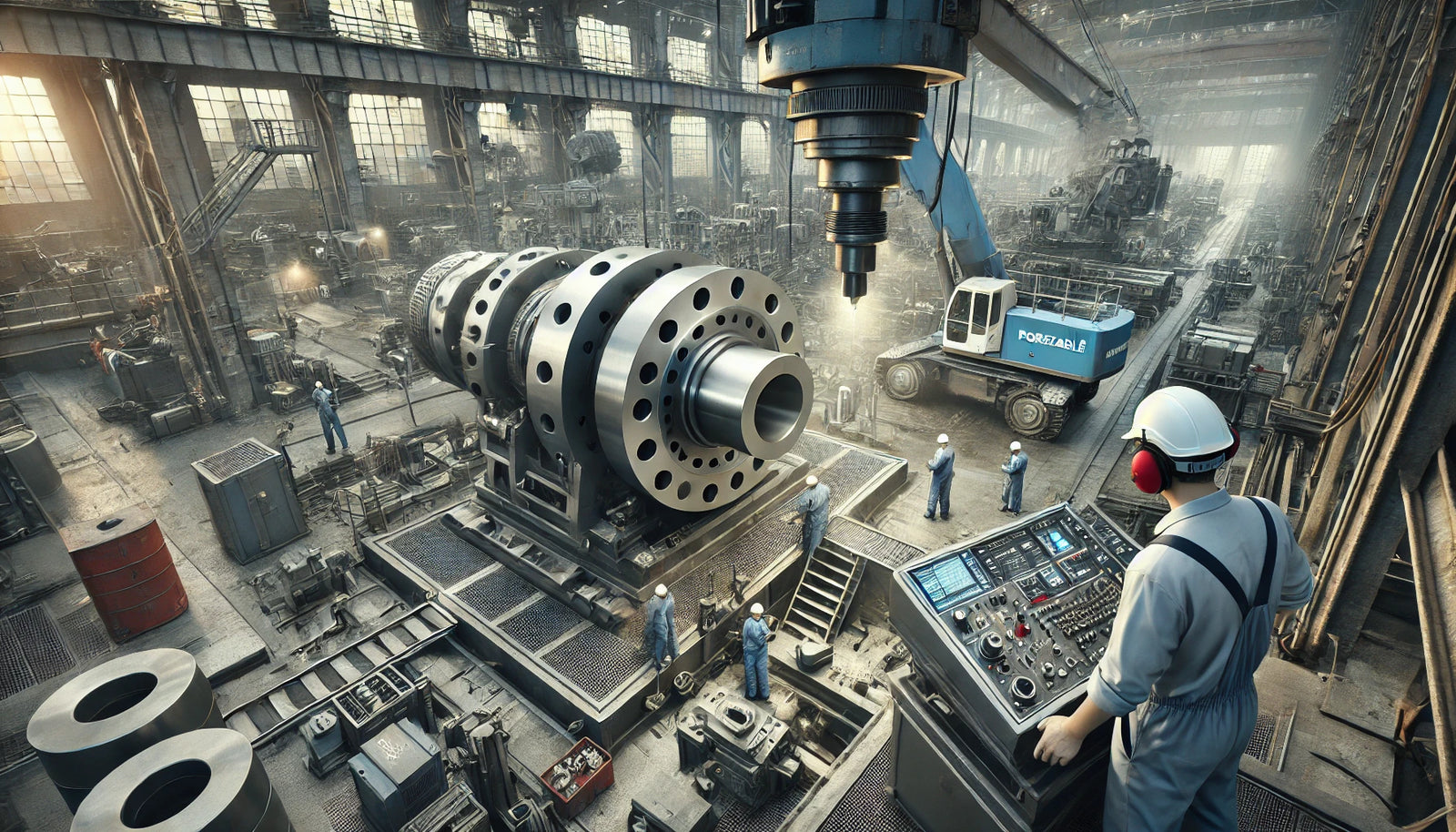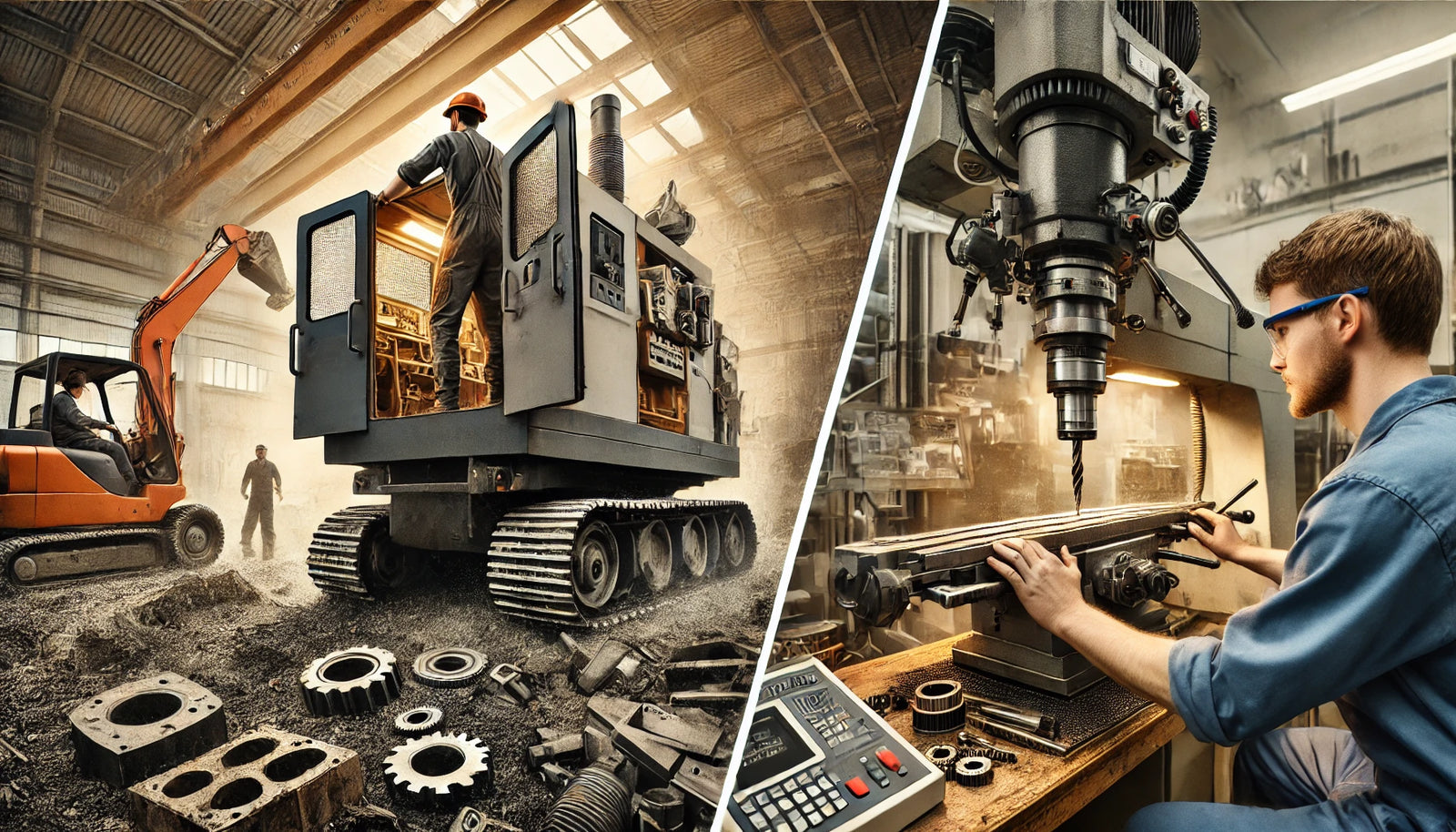In the realm of manufacturing and precision engineering, CNC machines, short for Computer Numerical Control machines, are indispensable tools that have revolutionized how products are made. But what exactly is a CNC machine, and why is it so pivotal in modern production processes? This blog post delves into the fundamentals of CNC machinery, exploring its functions, types, and the significant advantages it brings to the manufacturing industry.
Definition of CNC Machine
A CNC machine is a piece of sophisticated equipment that operates under the control of a computer executing pre-programmed sequences of machine control commands. Unlike manual machining, which requires live operators to prompt and guide the commands of machining tools via levers, buttons, and wheels, CNC machines automate control of machining tools including drills, lathes, mills, and 3D printers via computer instructions.
How Does a CNC Machine Work?
The heart of a CNC machine is its ability to move a tool or a workpiece in precise, programmed motions. The typical process involves the following steps:
- Designing the CAD Model: It all starts with creating a 2D or 3D design of the final object using Computer-Aided Design (CAD) software. This digital drawing specifies all geometrical dimensions of the part.
- Converting CAD to CNC Program: The CAD file is then translated into a CNC program, usually in G-code, which is the language understood by the machine. This code instructs the machine on where to move, how fast to move, and what path to follow.
- Setup and Execution:After loading the program into the CNC machine, an operator sets up the machine, securing the material and positioning the required tools. Once everything is configured, the CNC program takes over, and the machine executes the operations to transform the raw material into a finished product.
Types of CNC Machines
CNC technology spans various types of machinery, each suited for specific tasks:
- CNC Mills: These machines handle a variety of cutting operations using a rotating cylindrical cutting tool. They can move along multiple axes to create all kinds of shapes, slots, and holes.
- CNC Lathes: Lathes are used to create precise parts from cylindrical materials. The material spins while the cutting tool remains stationary, shaping the material into symmetrical objects.
- CNC Routers: Similar to mills but typically larger and used for cutting softer materials like wood, plastics, and foams.
- CNC Plasma Cutters: These machines cut through metal using a plasma torch. They are ideal for metal fabrication jobs requiring precise, clean cuts.
- CNC Laser Cutters: Utilizing a high-powered laser, these machines are perfect for cutting and engraving harder materials with extreme precision.
Advantages of CNC Machines
The implementation of CNC technology in manufacturing brings numerous benefits:
- Precision and Accuracy: CNC machines can produce extremely precise and consistent parts, essential for high-quality manufacturing.
- Efficiency and Speed: Automation allows for rapid production without sacrificing quality, significantly boosting productivity.
- Flexibility: Once programmed, CNC machines can create any part that fits within their operational parameters, allowing for easy adjustments to production.
- Safety: With automation, direct human interaction with cutting tools is minimized, reducing the risk of workplace injuries.
Conclusion
CNC machines are at the forefront of manufacturing technology, providing substantial improvements in the way products are designed, prototyped, and produced. From intricate components for aerospace to simple everyday products, CNC machining offers a versatile solution to meet complex and precise manufacturing demands. As technology continues to advance, the capabilities and applications of CNC machines are only expected to grow, further enhancing their role in modern industrial environments.





